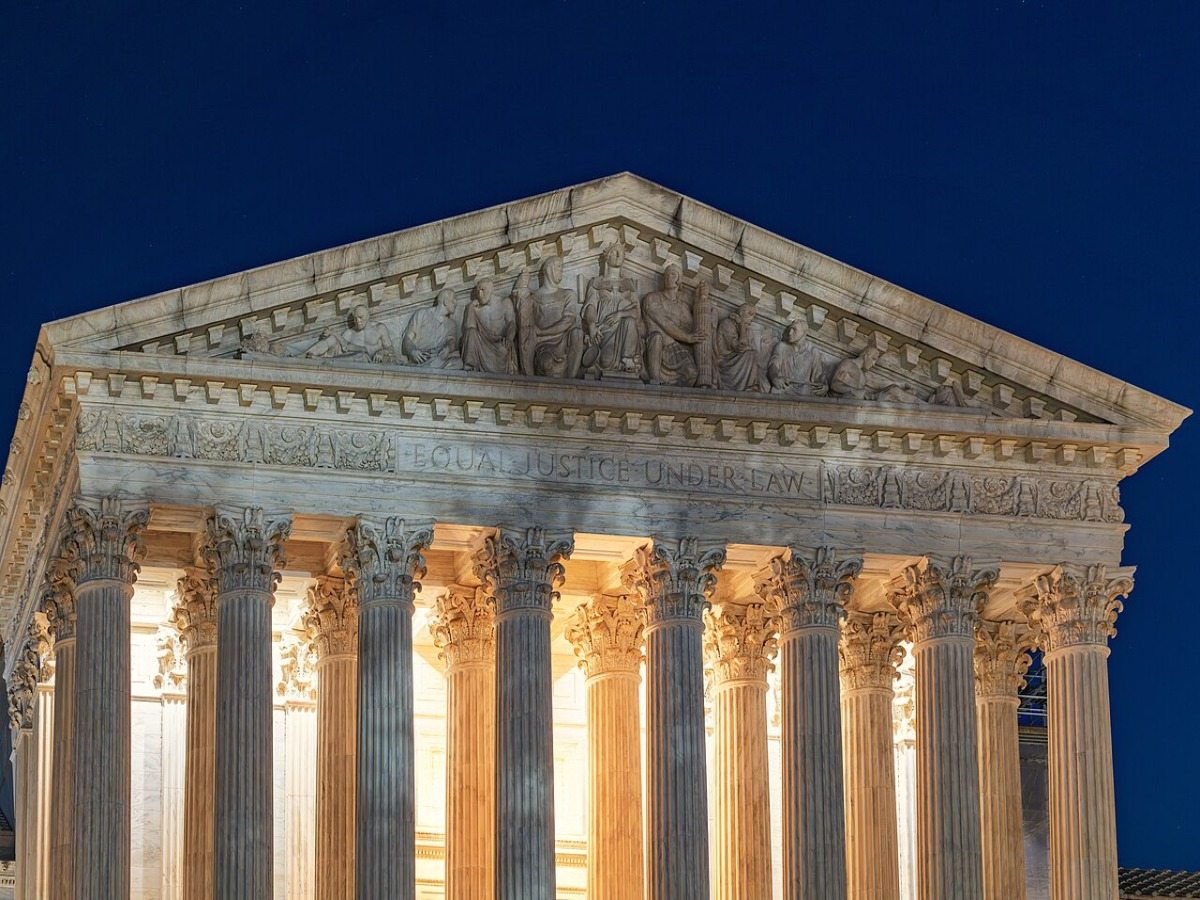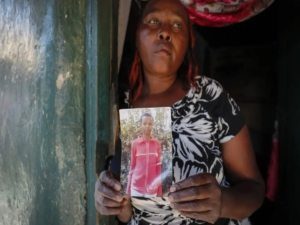The U.S. Supreme Court has temporarily froze a lower court order that required the Trump administration to fully fund food assistance payments, a decision that throws millions of Americans’ November benefits into uncertainty as the government shutdown drags on.
Justice Ketanji Brown Jackson on Friday issued the order after the administration filed an emergency appeal to block the mandate to release full Supplemental Nutrition Assistance Program (SNAP) funds. Jackson’s ruling pauses the requirement until a Boston appeals court decides whether to impose a longer suspension. Her order will remain in place for 48 hours after that decision, giving the administration time to seek further relief from the Supreme Court if needed.
A federal judge had previously given the administration until Friday to pay full SNAP benefits, but the White House argued it lacked the funds to comply. It asked the appeals court to let it continue distributing only partial payments from a limited contingency reserve. When the Boston court declined to intervene immediately, the administration turned to the nation’s highest court.
SNAP provides food aid to roughly one in eight Americans, primarily low-income households. The ongoing shutdown has left many families anxious about when, or if, they will receive help.
Despite the uncertainty, officials in several states acted quickly after Thursday’s lower court order to issue full November payments before a potential reversal. Wisconsin confirmed that $104 million in food benefits had already been loaded onto electronic cards for about 337,000 households. Oregon’s governor, Tina Kotek, said state workers “worked through the night” to ensure every family relying on SNAP could buy groceries by Friday. Hawaii officials also moved swiftly once the court order arrived.
“We moved with haste once we verified everything,” said Joseph Campos II, deputy director of Hawaii’s Department of Human Services.
But the Supreme Court’s intervention may halt other states from following suit. The administration criticized those that acted quickly, arguing they were “trying to seize what they could of the agency’s finite set of remaining funds, before any appeal could even be filed, and to the detriment of other States’ allotments.”
“Once those billions are out the door, there is no ready mechanism for the government to recover those funds,” Solicitor General D. John Sauer wrote in the filing.
Officials in California, Kansas, New Jersey, Pennsylvania and Washington state also released full SNAP payments on Friday, while others said benefits would arrive over the weekend or early next week. Several states awaited further federal guidance before proceeding.
READ ALSO: Trump administration appeals ruling requiring full SNAP funding in November
The legal back-and-forth has deepened anxiety among families dependent on the program. A single person can receive up to nearly $300 in monthly food aid, while a family of four may receive close to $1,000, though many get less based on income.
In Newark, New Jersey, college student and single mother Jasmen Youngbey said she spent part of Friday waiting at a food pantry, her SNAP balance at zero. “Not everybody has cash to pull out and say, ‘OK, I’m going to go and get this,’ especially with the cost of food right now,” she said. Later that day, her benefits finally arrived.
The administration had initially said no SNAP payments would be available in November due to the shutdown. But two federal judges ruled otherwise, directing officials to tap an emergency reserve fund of more than $4.6 billion and use other available money to cover the full cost, estimated between $8.5 billion and $9 billion monthly.
The administration refused, saying Congress must approve additional spending and that other funds were needed to support child nutrition programs. On Thursday, U.S. District Judge John J. McConnell Jr. ordered the government to fully fund the benefits, rejecting the White House plan to pay only 65% of the usual amount.
In response, the administration argued that the judge had overstepped his authority. “This unprecedented injunction makes a mockery of the separation of powers,” Sauer told the Supreme Court.
Several states, meanwhile, said they were prepared to distribute the funds as soon as approval was restored, AP reported.
READ ALSO: Trump administration ordered to fully fund SNAP benefits in November after judge’s ruling
North Carolina hinted at sending out partial payments on Friday, with the remainder expected soon. Illinois, Kentucky, Louisiana and North Dakota also distributed partial benefits. In Delaware, Democratic Gov. Matt Meyer said the state had used its own money to issue the first of what could become weekly relief payments for SNAP recipients.









